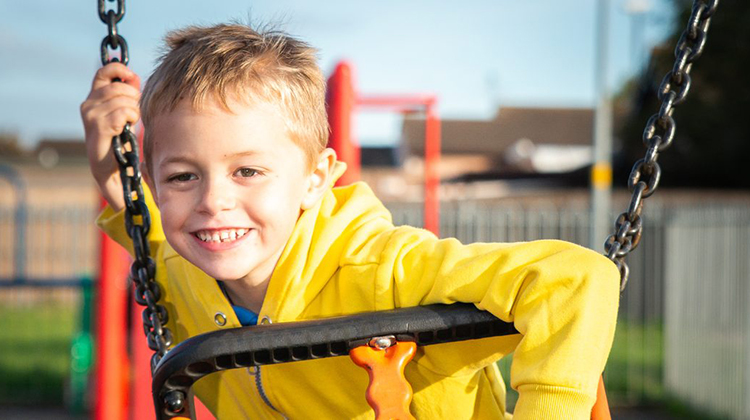Autistic students respond badly to remote learning

The lockdown and remote learning has proven to be a success for some but not all, autistic students look to be among the worst effected by isolation from their regular learning schedules
A decline in the mental and physical health of many autistic students across Victoria while remote learning during lockdown in Term 3 has been identified.
While some reported positive experiences, a survey of 312 families of autistic students in Victorian schools found:
- The learning of 47.8 per cent of autistic students in Melbourne, and 55 per cent in regional, schools had not progressed since learning
- 4 per cent of autistic students in Melbourne government schools have not had their learning needs met in Term 3, with many missing out on the personalised support and adjustments they need to learn.
- The mental health and emotional wellbeing of 67.9 per cent of autistic students in Melbourne, and 60 per cent in regional, schools had suffered a decline since learning
- The physical health of 41.1 per cent of autistic students in Melbourne, and 35 per cent in regional, schools was worse-off since learning
The findings were published in Learning in Lockdown, a report released by autism peak body Amaze. CEO of Amaze, Fiona Sharkie, said the findings highlight a need to give autistic students priority in the opportunity to return to school on site as soon as restrictions in Melbourne begin to ease.
“Autistic students and their families need clarity now, before the end of this term, around where they fit in the roadmap for returning to school in term 4.”
“It’s clear from what families are telling us that many autistic children are battling, both mentally and academically, during remote learning, and are at risk of being left behind. Some have disengaged from schooling altogether,” Ms Sharkie said.
“Students with disability and their families are being disproportionately impacted by schooling disruptions.”
Ms Sharkie said, “Targeted catch up support and immediate attention to mental health and wellbeing of autistic students as they return to school is critical.”
“We welcome the return of face-to-face learning at specialist schools from 12–16 October, but we cannot forget about the thousands of autistic children in Years 3–10 enrolled in mainstream Melbourne schools: their option to return to school must be an immediate priority.”
Amaze is the peak body for autistic people and their families in Victoria building engagement and acceptance of autism and influencing positive systemic change to enable autistic people and their families to participate and contribute to society.
Survey quotes
“I fear the longer they are kept at home, there will be greater damage to their mental and emotional health.”
“His mindset is ‘school is for schoolwork, not home’. It has been a daily struggle getting him to do anything.”
“We are having big problems with screen time addiction and this is really hard to manage when most of his schoolwork is online.”
“Extremely hard to engage children with autism remotely.”
“My child has not been disadvantaged in his learning as the school has done an exceptional job.”
“Doing remote learning, my child has had somewhat less stress by not being in a classroom every day, but is also suffering from the lack of peer friendships.”
“No school. Not possible to learn from home so no education currently.”